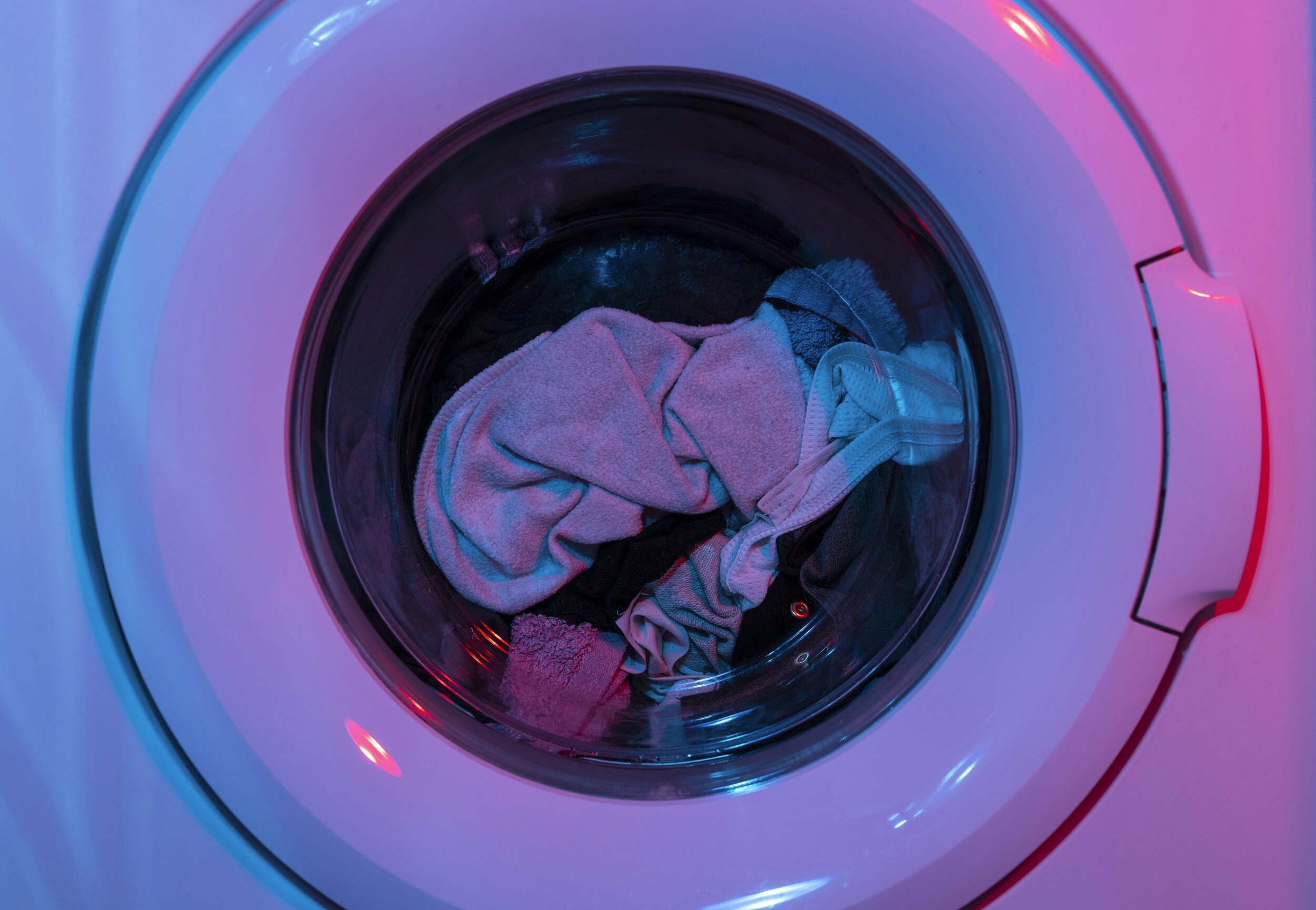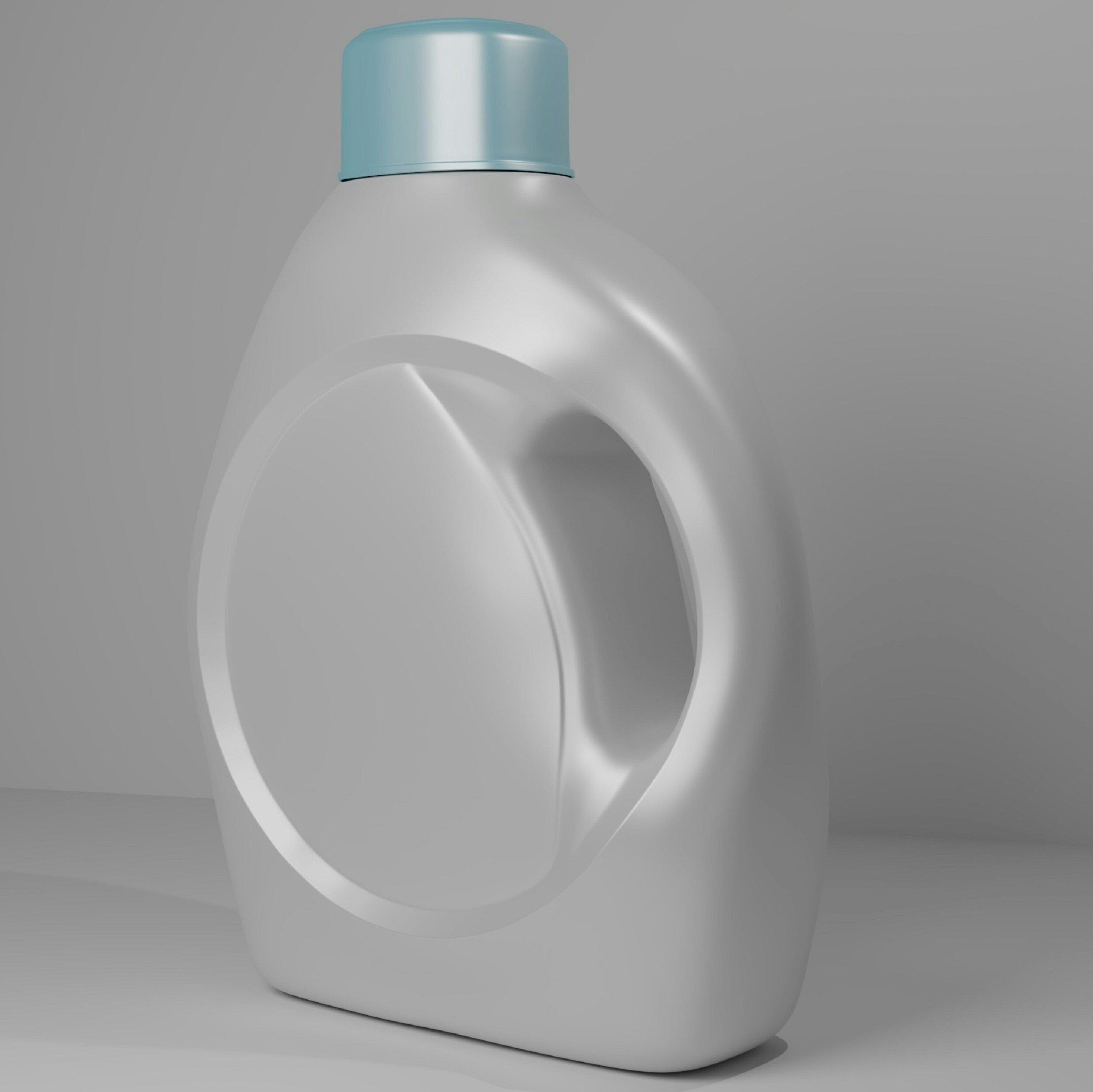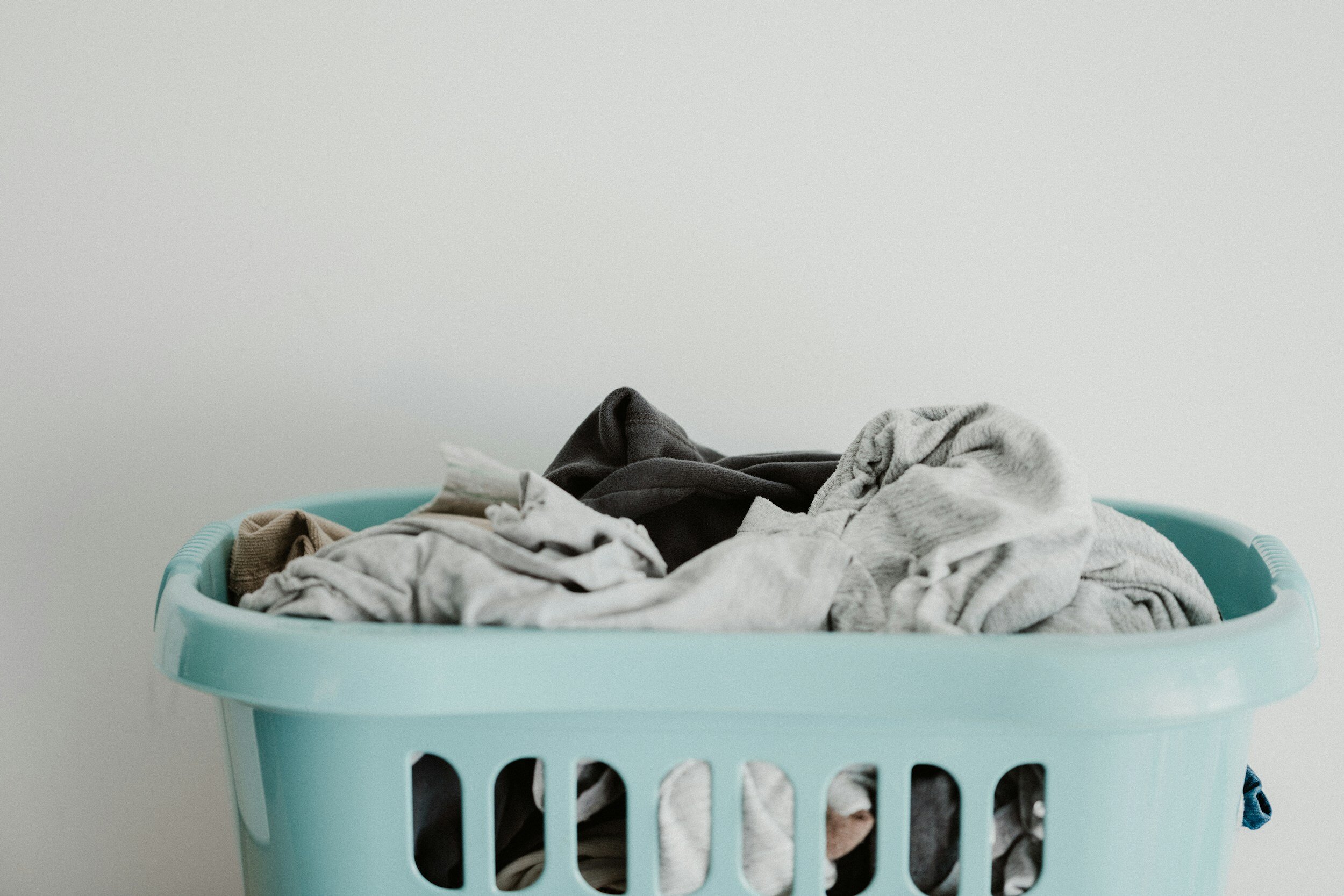The facts.
-
The average home in the USA does 2,184 pounds of laundry per year
-
It is estimated that washing and caring for a pair of jeans can contribute to approximately 37% of the carbon footprint.
-
Washing a pair of jeans every 10 times instead of every 2 times reduces energy and water use as well as climate impact by up to 80%
The big picture.
No discussion on sustainable fashion would be complete without talking about clothing care. Washing and caring for our clothing is a big piece of living a more sustainable life and being environmentally conscious. The environmental impact of laundry is multifactorial, ranging from;
• how often one does laundry
• water temperature
• the type of detergent you use
Choosing eco Friendly clothes detergent is an important part of this picture!
Why eco friendly clothes detergents?
Eco friendly detergents are those whose raw materials are easily biodegradable and break down without leaving harmful residues behind. Traditional detergents may contain harsh chemicals which can be caustic to the skin and eyes and contaminate groundwater.
The main contaminants are phosphates. While these are great surfactants and help get our clothes clean, they remain in the water and cause overgrowth of algae in lakes and rivers. This overgrowth results in reduced sunlight and oxygen for marine life.
Another contaminant is microplastics. Many detergents are packaged in pods which dissolve but do not completely disintegrate during the washing process. The effects of microplastic contamination has been well discussed on Kindhub.
What to look for in buying eco-friendly detergent?
Here’s a simple overview of key terms to look for on labels to identify eco-friendly detergents:
-
Certifications:
-
Look for detergents with certifications such as USDA Safer Choice. In fact, there is a searchable database to look up your favorite brands.
-
Other tools include the Smartlabel app and the Environmental Working Group (EWG) website.
-
-
Fragrance-Free or Essential Oils:
-
Choose fragrance-free options or those using essential oils for a mild, natural scent.
-
-
Plant-based Surfactants:
-
Plant-derived cleaning agents are made from natural sources like coconut oil or cornstarch. They clean just as well as traditional surfactants but are much friendlier to the environment.
-
Avoid generic marketing terms such as “eco-friendly”, “plant based” etc.
-
Packaging and formulation of the detergents matter.
Packaging and formulation are important considerations for reasons of effectiveness, cost and effect on the environment.
-
Liquid Detergents
-
These are one of the worst offenders as they are packaged in large plastic bottles, which are rarely recycled. Many of these bottles end up in landfills despite being labeled recyclable. The other challenge with this formulation is waste. Many people use more than the recommended amount of detergent resulting in a greater chemical load in the water systems.
-
-
Powder Detergents
-
Powder detergents get around the plastic problem by packaging in paper, however, they are harder to store as they cake easily.
-
-
Laundry Pods
-
Pre-measured pods are convenient. They avoid wasting since they are pre measured and convenient. However, most of these are packaged in plastic and are a source of microplastic pollution.
-
-
Laundry Sheets
-
These dissolvable sheets are lightweight and convenient. They are also pre-measured and the majority are plastic free and biodegradable. They are also packaged in paper containers.
-
There is a nice summary of the pros and cons here, written by a manufacturer of eco-friendly detergents and laundry products.
The choices
Life-focused
If your focus is on being kind to living things . . .
-
Choose phosphate free products with as little harsh chemicals as possible
-
Avoid harsh chemicals and allergens such as bleach and fragrances
Earth-focused
If your focus is on the earth and environment . . .
-
Avoid liquids which come in plastic bottles and prepackaged plastic pods
-
Wash in cold water. Modern detergents and appliances clean just as well in cold water.
Holistic
If you are considering both a life and environmental focus . . .
-
Consider how often you wash your clothes. This a great video!
-
Consider switching to modern energy efficient appliances



